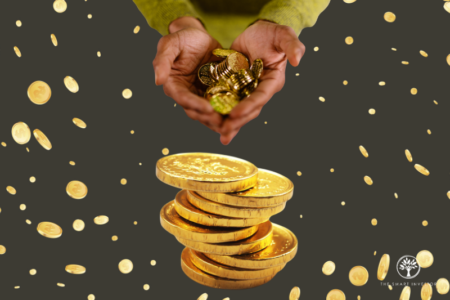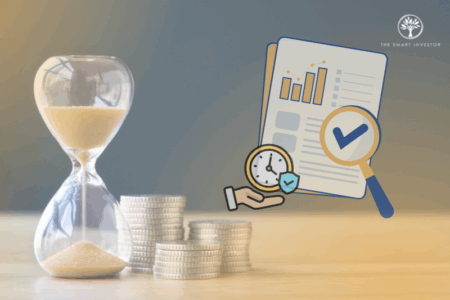During the Great Financial Crisis of 2008, a credit crunch brought the global economy to its knees. At that time, bankers were caught in the headlights of fear. They refused to lend money to consumers. They refused to lend money to governments. They even refused to lend money to each other….
…. it was scary to see the gears of commerce come to a juddering halt. People panicked that banks would run out of cash, and that ATMs would run out of readies….
…. thankfully, a quick-thinking Fed chief and a capable US Treasury Secretary stepped in to save the day by flooding the world with cash.
This time, it’s not a credit crunch but a virus-induced spending crunch by households that is causing economic pain. Empty restaurants, deserted shopping malls and streets devoid of cars are becoming far too common a sight. Consumers are afraid to go out for fear of catching the dreaded lurgy.
But this time the Fed’s cheap-money strategy won’t be enough to get us out of a bind. This is not about a lack of liquidity. There is plenty of cash in the system, so recession is avoidable. Instead, this is a spending crunch. And if households won’t spend, then governments must step in to fill the breach.
This calls for fiscal bravery. This calls for courage to bring forward government spending plans to jump-start global economies. But there are just a handful of global leaders who can do that. Others just hide behind central bankers as they have done for the last decade. One has even called the whole thing a hoax.
This is not a hoax. The Covid-19 virus is a real threat to global economic growth. But this is no time for finger-pointing. This is not a time for handwringing. This is no time for White House armchair medical pundits to misinform people on a hunch, in the hope that it could drive share prices higher. People deserve to be told the truth.
And for the rest of us, this is a time to act as normal as possible in abnormal times. Warren Buffett said:
“Excellent investment opportunities come about when superior businesses experience a one-time event that depresses their stock prices in relation to their intrinsic value”.
This is one of those one-time events. Thank goodness they don’t come around that often. But when it does, fortune favours the brave.
If you’d like to learn more investing concepts, and how to apply them to your investing needs, sign up for our free investing education newsletter, Get Smart! Click HERE to sign up now.
Get more stock updates on our Facebook page. Click here to like and follow us on Facebook.
Disclosure: David Kuo does not own shares in any of the companies mentioned.





